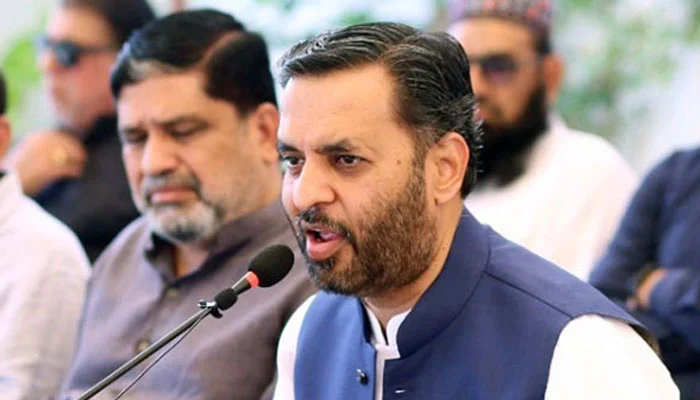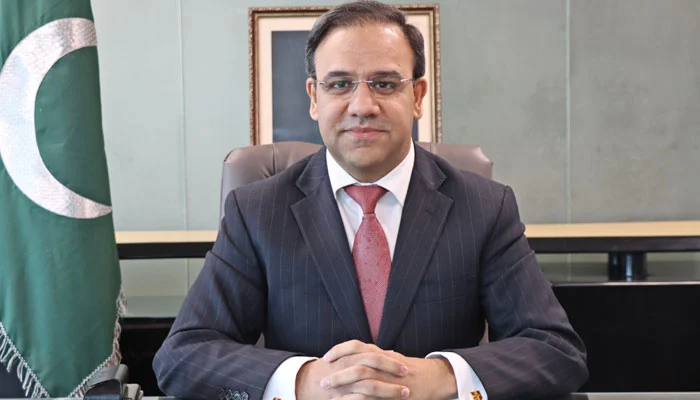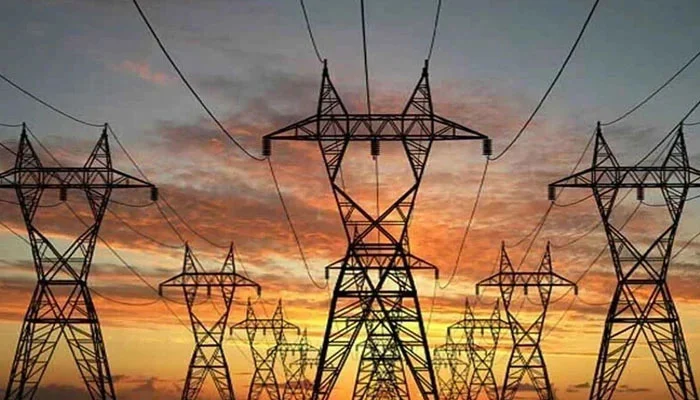In a significant development in Pakistani politics, Mustafa Kamal, the Senior Deputy Convener of the Muttahida Qaumi Movement (MQM), addressed a gathering in Karachi under the banner of ‘District Autonomy, Constitutional Responsibilities.’ During the event, MQM presented proposals for amendments to the constitution.
Kamal emphasized the pivotal role played by five individuals who hold all powers and resources in the country. These five individuals, according to Kamal, include the Prime Minister and the Chief Ministers. This assertion underlines the concentration of authority at the federal and provincial levels, prompting the need for constitutional reforms to decentralize power.
Speaking at the occasion, Mustafa Kamal stated that the proposed constitutional amendments are vital for Pakistan’s survival, portraying them as the lifeline for the nation. He outlined three key recommendations in the proposed amendments.
The first recommendation advocates the inclusion of 35 departments for local governments in the constitution. This move aims to empower local governments by explicitly defining their jurisdiction and responsibilities, fostering effective governance at the grassroots level.
The second proposal calls for providing direct resources to the federal, provincial, and district governments. This measure is intended to enhance financial autonomy for local and district governments, ensuring they have the means to address the needs of their respective communities.
The third and final recommendation underscores the importance of avoiding general elections until local government elections are held. Mustafa Kamal argues that postponing general elections until after local government elections will contribute to a more comprehensive and participatory democratic process.
Mustafa Kamal urged political parties, especially those hesitant about the idea of creating provinces, to embrace these proposed constitutional amendments. He emphasized that accepting these amendments would automatically address concerns related to the creation of provinces, signaling a pragmatic approach towards achieving regional development and autonomy.
Furthermore, Kamal highlighted the financial disparities in Sindh, noting the absence of a system that allocates Rs. 1,300 billion to the lower levels of governance annually. This observation underscores the need for financial reforms to ensure equitable distribution of resources, fostering socio-economic development across all regions of the province.
Mustafa Kamal’s advocacy for constitutional reforms reflects a broader call for decentralization of power, empowering local governments, and addressing financial disparities to strengthen the democratic fabric of Pakistan. As these proposals gain attention, they open up new avenues for dialogue on reshaping the constitutional landscape of the country.



